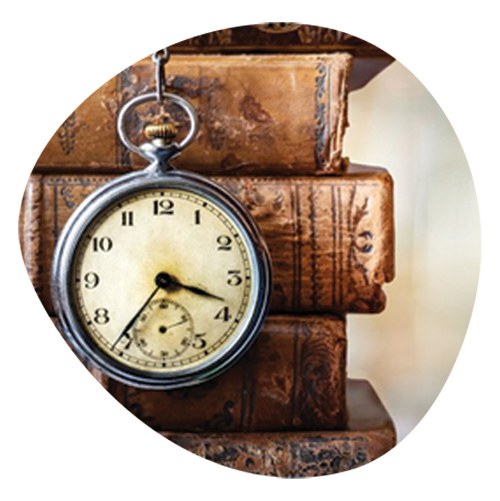
The history of civilizations across different continents, from antiquity to the contemporary age, with interdisciplinary approaches.
News, events, and notices for your studies
Do you play the piano or the organ? Find out how to take part in the activities of the Collegium Musicum. Apply by 1 March.
The International Research Institute ARCHIVIO DISARMO announces 2 awards for theses on antagonisms, discrimination, and conflict management. Deadline: 30 March 2026.
Il Comune di Terni bandisce un premio per valorizzare ricerche universitarie dedicate alla storia della città di Terni e del suo territorio. Scadenza 31 marzo 2026.
Join our Virtual Fair on 25 February for Master's programmes and learn how to make it happen!
You can now visit the virtual stands and check the programme of the events you are interested in. If you haven't done it yet, register now!
The Department of Intelligence and Security is launching an award dedicated to the best master’s theses on topics of interest to the intelligence community. Deadline: 15 April 2026.
Who it's for: Ho una laurea
Deadline: 12 mar 2026, 12:00
Who it's for: Ho una laurea
Deadline: 06 mar 2026
Who it's for: Studio al primo anno, Studio dal secondo anno in poi, Ho una laurea
Deadline: 02 mar 2026, 13:00

People and resources can support you well beyond your studies: free e-books and online resources, an app to check available seats in study rooms, support for difficult situations, and psychological assistance.